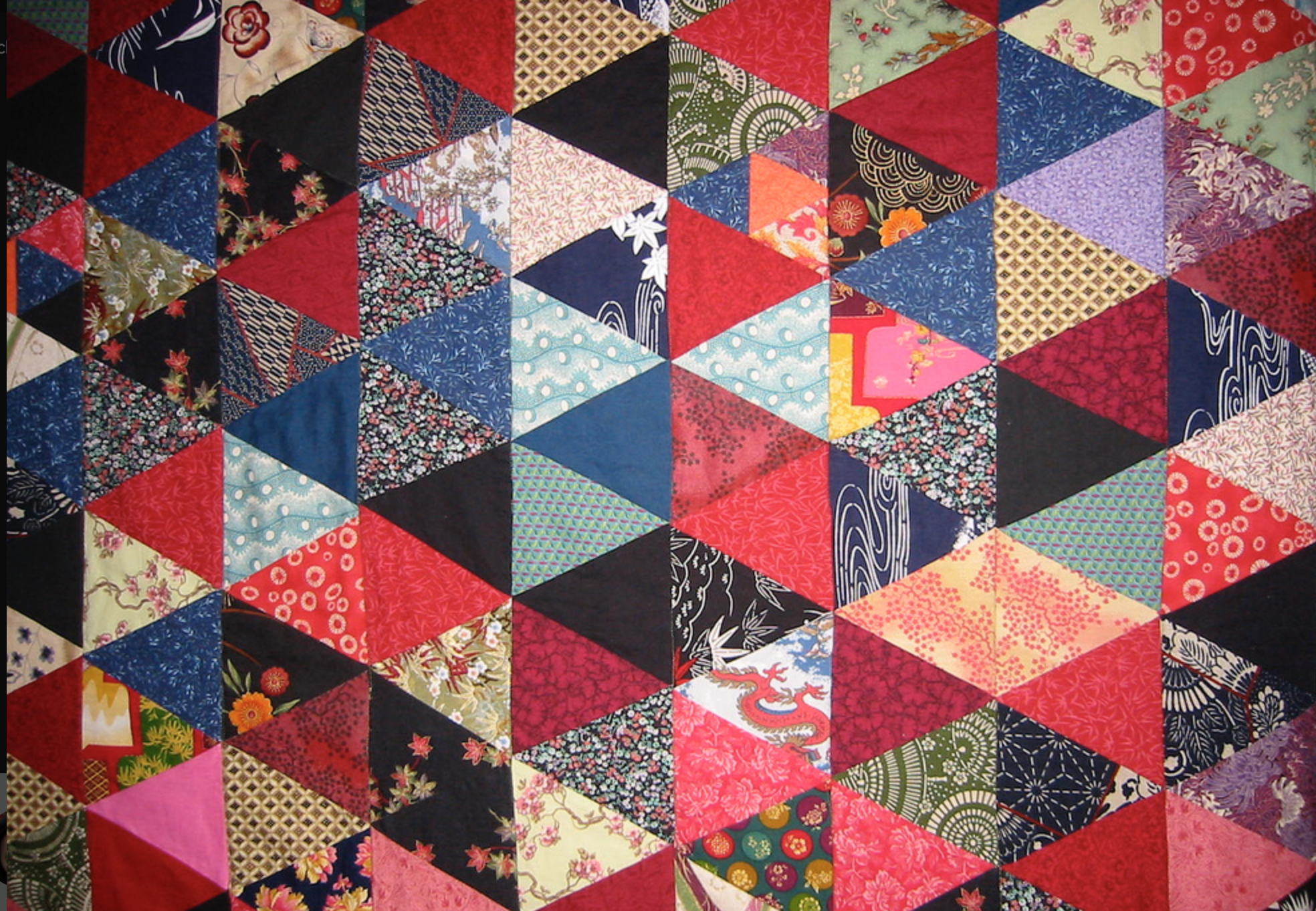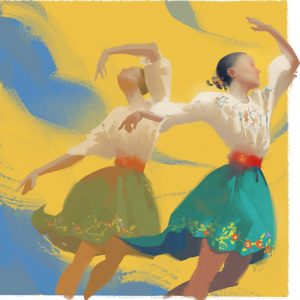
Build-a-bear identities: the quest of finding home for the third-culture kid
by Athena Ng | December 2, 2017
“So where are you from?”
Fresh-faced in a foreign country, the question pops up as frequently as you might imagine. Likewise, a definite answer usually follows.
“I’m from [insert country here].”
However, for the people who identify as a “third-culture kid” an answer would necessarily need a bit of contemplation as to how you could summarise your life experience as concisely as possible, followed by the background existential sting of “so where am I really from?”. In a globalised world, it is common to know of people who were born in one place but raised in another. Socioeconomic and political influences mean that third-culturalism is proliferating, often accompanied by interesting backstories that raise lofty, yet important, questions as to what “identity” is, and crucially, what it should be.
Third-culture kids, briefly defined, refer to people who spent the bulk of their formative years in a country, or in countries, other than their country of birth. An accessible example would be children of expats. The sociological interest in this lies with the idea that they are not given a stable environment to build a cultural identity. But maybe the gravity of this existential lacuna is over-exaggerated, considering how third-culturalism is becoming increasingly common. Having established this, is there still value in discussing these “big questions” of identity?
We start with my country of birth, Malaysia – a vibrant, multi-cultural country at the heart of Southeast Asia. But a deep rich-poor divide, racial bias and generations of identity politics have meant that the ethnic minorities have chosen to leave the country in search of greener pastures. Parents would send their children to private ‘international schools’ or boarding schools overseas, abandoning the vernacular national education system for international qualifications like the ‘A’-Levels. Most will continue their higher education overseas. Therefore, it is common to lose classmates and friends to third-culturalism at every stage of the educational journey in Malaysia.
Perhaps even I was a test case for this phenomenon of cultural dilution. I was squarely within the definition of a third-culture kid, having been sent over to the neighbouring country of Singapore for my secondary and tertiary education. Aware of the challenges of being an ethnic minority in my home country, I welcomed the idea of this “exit” to a hopefully brighter future. As I took the bus between Singapore and Malaysia on holidays to visit my hometown, I would stare at the fiery evening skies and feel a similar broil of youthful optimism about what lay ahead.
The experience of living overseas, coupled with an ambition to continue exploring the greater world, meant that I could reap the most prominent benefit of being a third-culture kid: an adaptability to constantly changing landscapes. Forming attachments to people and places was brushed off as weakness. But recently, I found myself plagued with a feeling of not actually belonging anywhere. As I answered the “where are you from?” questions, I would find myself redacting and emphasising select pieces of my cultural experience to put myself in the best light possible. This left me guilty and confused, because I felt that I had invented so many ‘versions’ of myself that I no longer knew who I truly was. Unsurprisingly, a sense of “otherness” is a notable downside of being a third-culture kid.
In addition to that was the joke-truth that the grass is always greener on the other side. Despite having the hypothetical opportunity to reinvent oneself from one country to another, living anywhere inevitably comes with its own fair share of troubles. This means that many third-culture kids feel a lingering sense of emptiness, no matter how many times they have moved. In my adolescent naivety I had conflated running away from something and running towards something, and oftentimes if you commit to the former, you find that you do not like what lies on the other side either. Subsequently, on the bus rides between Singapore and Malaysia, I felt a harrowing wilderness, trapped between two worlds that I was a mere visitor in, unable to identify with the experience of either. The same evening skies that was once a vivid brocade of grandeur was now livid with my frustration and disillusionment. And the grey bus chugged along the highway between both cities, against the backdrop of a world on fire.
Amidst this conundrum, I made various attempts to reverse engineer a cultural personality. My big break came when I decided to go back to my home country, Malaysia, and live there alone for a month. These hopes were dashed because despite having a local passport, I dressed differently, I could hardly speak the national language, and overall, I still felt like a mere tourist. However, by a stroke of luck I met a girl at the neighbourhood gym who also identified as a third-culture kid. I was introduced to her group of friends who were of similar background, and in the remainder of the month I finally gained some illumination as to how to deal with my crippled identity.
The most crucial takeaway was that third-culturalism operated on a spectrum. On one hand you had staunch “citizens of the world” who refused to identify with any place, and on the other hand you had patriots who aspire to contribute to their place of birth, wherever they were. And then you had my new friends, who would complain about how the government took their land and pocketed their taxes, then praise the roti prata to high heaven later over dinner, saying that there is nowhere else they would rather be. The vast majority floated between that scale, and I slowly learned to accept the uncertainty regarding my identity. It was alright to feel like you did not belong to the place you lived in, because being a third-culture kid meant that you had the irrevocable prerogative to pick and choose who you wanted to be. In a world where first impressions meant everything, this agency should be seen as a privilege, rather than a kind of cultural “fraud”.
This is not a space to offer a monolithic definition of what goes into the creation of an identity. It is a patchwork arrangement of experiences accumulated over a lifetime, at times disjointed and at times mismatched. So for now, I am satisfied with my renewed idea of home, as one of the mere patches that make up this tapestry. Home is not meant to be a pin dropped onto a map, because with the very concept of distance waning in a globalised world, we have to open ourselves up to the possibility that home can be many places at once. Crucially, home can be anywhere that ignites familiarity and engenders feelings fond enough to act as a balm, soothing the inevitable rough edges of life.
At the heart of this is the belief that everything is temporary. Accepting that our identity is fluid means that we are given the choice to build, unbuild, and rebuild ourselves depending on an infinite list of factors, current place of residence being a mere example. Embracing change also disentangles us from the existential flux from failing to feel a sense of belonging. For the third-culture kid, if rootlessness is the stain on the tapestry of what it means to be human then so be it; uncertainty and freedom are two sides of the same coin, after all.




